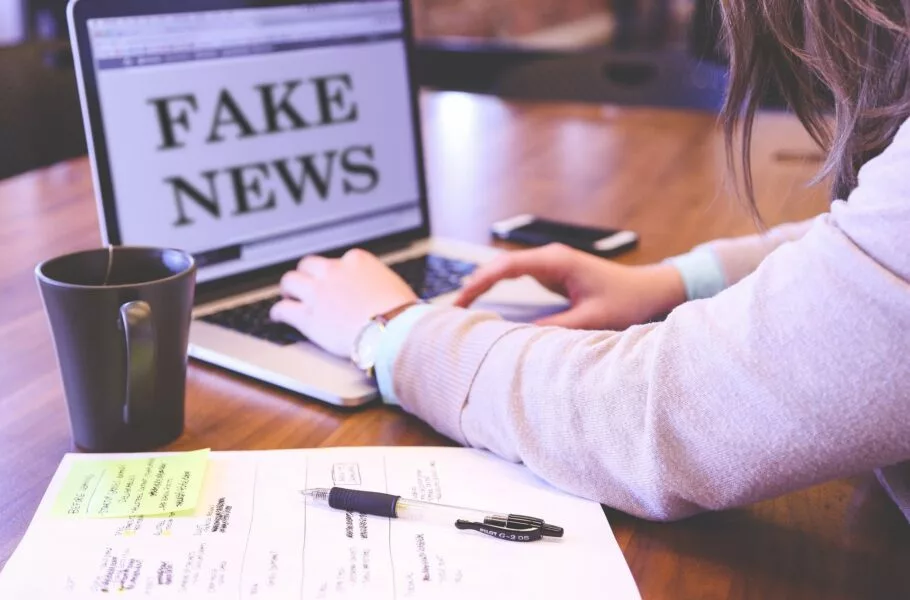
Iran Submits Bill to Parliament to Combat Fake News on Social Media
Iran introduces a bill to regulate fake news on social media with strict penalties.
The 'Bill to Combat the Publication of False News Content on Social Media' has been submitted to the Islamic Consultative Assembly. Its goal is to regulate the dissemination of information in the digital space and reduce the negative impacts of fake content. The bill was approved during the Cabinet meeting on June 29, 2025, following a proposal by the Ministry of Justice and the Judiciary. It has been presented to parliament with an urgent status for legal procedures.
Legal Framework and Objectives
The government drafted this bill to address existing legal gaps. It is based on articles (2) and (3) of the Supreme Council of Cyberspace's resolution dated January 5, 2021. This resolution outlines requirements for preventing and combating the publication of false information, news, and content on social media. The bill also aligns with clause (2) of article (158) of the Constitution of the Islamic Republic of Iran.
Penalties for Influencers and Others
Article 15 of this bill directly addresses individuals who, due to their fame, knowledge, skills, position, or any other relationship, have influence over their audience’s decisions. This definition includes influencers, who impact public opinion through their reputation or standing on social media platforms. The article states that if influencers publish false content, their punishment will be one degree harsher than the penalties prescribed in other articles (such as Article 12). These penalties include grade-6 imprisonment, grade-4 fines, and prohibition from participating in publishing activities.
For instance, if an influencer intentionally publishes fake content that leads to public unrest, they could face grade-5 imprisonment (2 to 5 years) instead of grade-6 imprisonment (up to 2 years), depending on the severity of the offense and other conditions.
Broader Penalties for Fake Content
Article 12 specifies that deliberate publication of fake content entails grade-6 imprisonment (6 months to 2 years), grade-4 fines, and a ban on publishing activities (3 months to 2 years). In cases of repeated offenses or confirmed falsehoods, penalties are intensified. This article also outlines separate responsibilities for users and platform administrators.
Articles 13 and 14 clarify that if fake content targets national security, public order, or foreign relations, offenders will face grade-5 imprisonment, fines, and up to 6 years of prohibition. During critical situations like wartime, punishments are elevated by one degree unless the crime falls under corruption on earth offenses.












